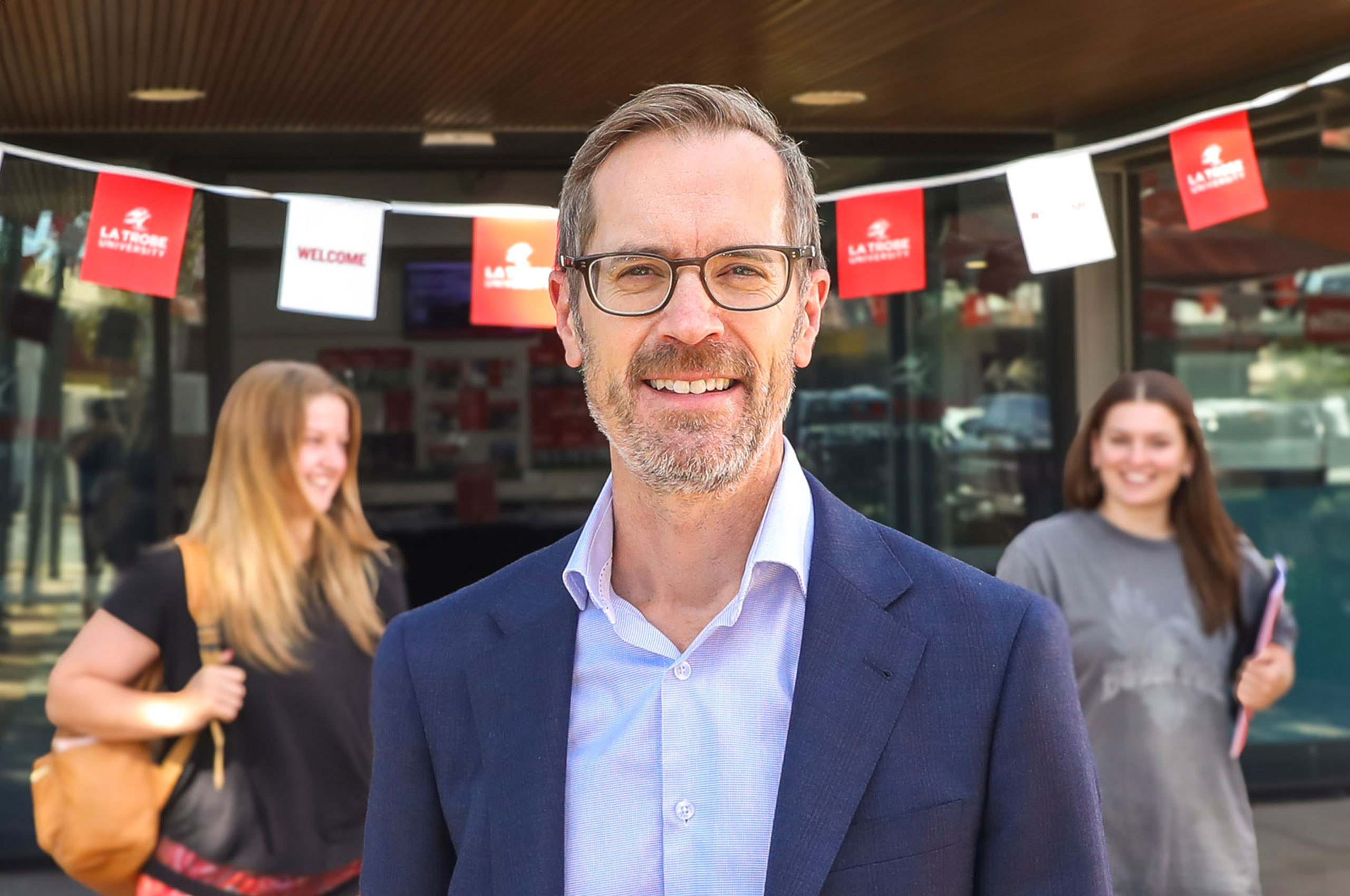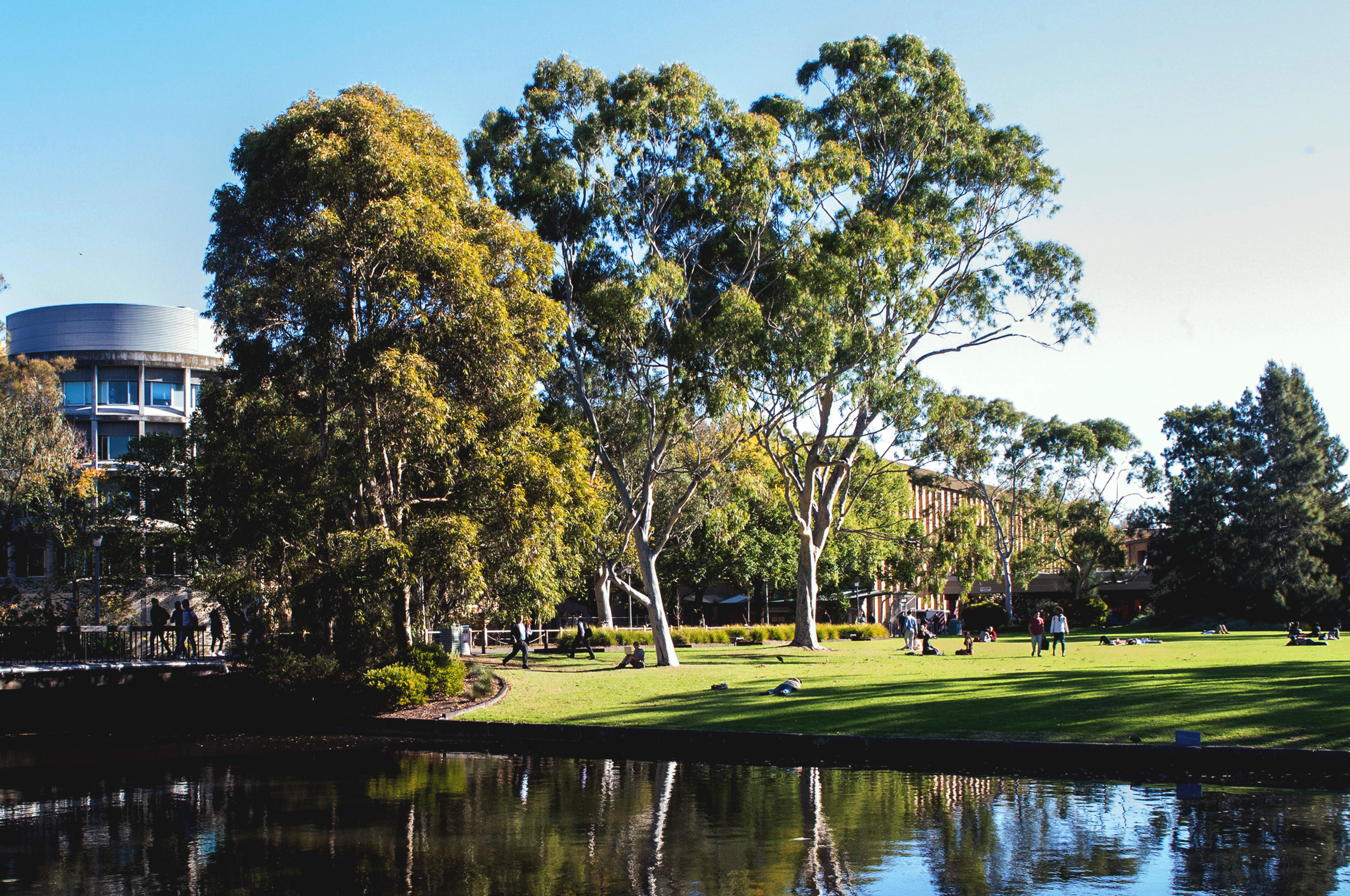
Meet the Vice-Chancellor
Professor Theo Farrell
Professor Theo Farrell commenced as Vice-Chancellor and President of La Trobe University in February 2024. He brings a deep commitment to advancing academic excellence, building inclusive communities, forging external partnerships, and leading transformative change.
Prior to joining La Trobe, Professor Farrell held a number of leadership roles including Deputy Vice-Chancellor (Academic and Students), Deputy Vice-Chancellor (Education), and Executive Dean of Law, Humanities and the Arts, all at the University of Wollongong, and Dean of Arts and Social Sciences at City, University of London. From 2006 to 2016, he held a chair in online learning at King’s College London. At UOW, City and King’s, Professor Farrell led numerous initiatives to develop research capacities, innovate learning and teaching, and enhance student experience.
Professor Farrell has held ten UK research council awards. His most recent book, Unwinnable: Britain’s War in Afghanistan (Vintage 2021), was shortlisted for three national book awards and selected book of the year by The Sunday Times. Professor Farrell is a champion of real-world impact from academic research. A leading expert on the conflict in Afghanistan, he acted as strategic advisor to the UK government and the International Security Assistance Force in Kabul, and participated in track II talks with the Taliban.
Professor Farrell is a Fellow of the Academy of Social Sciences (UK), Fellow of the Royal Society of New South Wales, Visiting Professor at King’s College London, and past President of the British International Studies Association.
I’m really excited about what La Trobe will achieve in the years ahead. We combine excellence, access, and innovation to address the big issues facing our region and create a positive impact for communities around the world.

From the VC's desk
See the latest blogs from Professor Farrell.
News
-

La Trobe to purchase all renewable energy
La Trobe to purchase all renewable energy as it heads to Net Zero 2029
-

-

Health innovation recognition in QS rankings
La Trobe recognised for health innovation in QS world subject rankings
-

La Trobe strengthens ties during India visit
La Trobe University strengthens ties during India visit
Contact details
Enquiries should be addressed to: VC@latrobe.edu.au
Executive Assistant to the Vice-Chancellor
Rosemary Nanev
T: +61 3 9479 2000
E: R.Nanev@latrobe.edu.au
Student complaints
Please note, all student complaints should be directed through our student complaints management system. This is the formal mechanism for students to lodge concerns about any aspect of their University experience, and is the most efficient and effective means of addressing your concerns.
